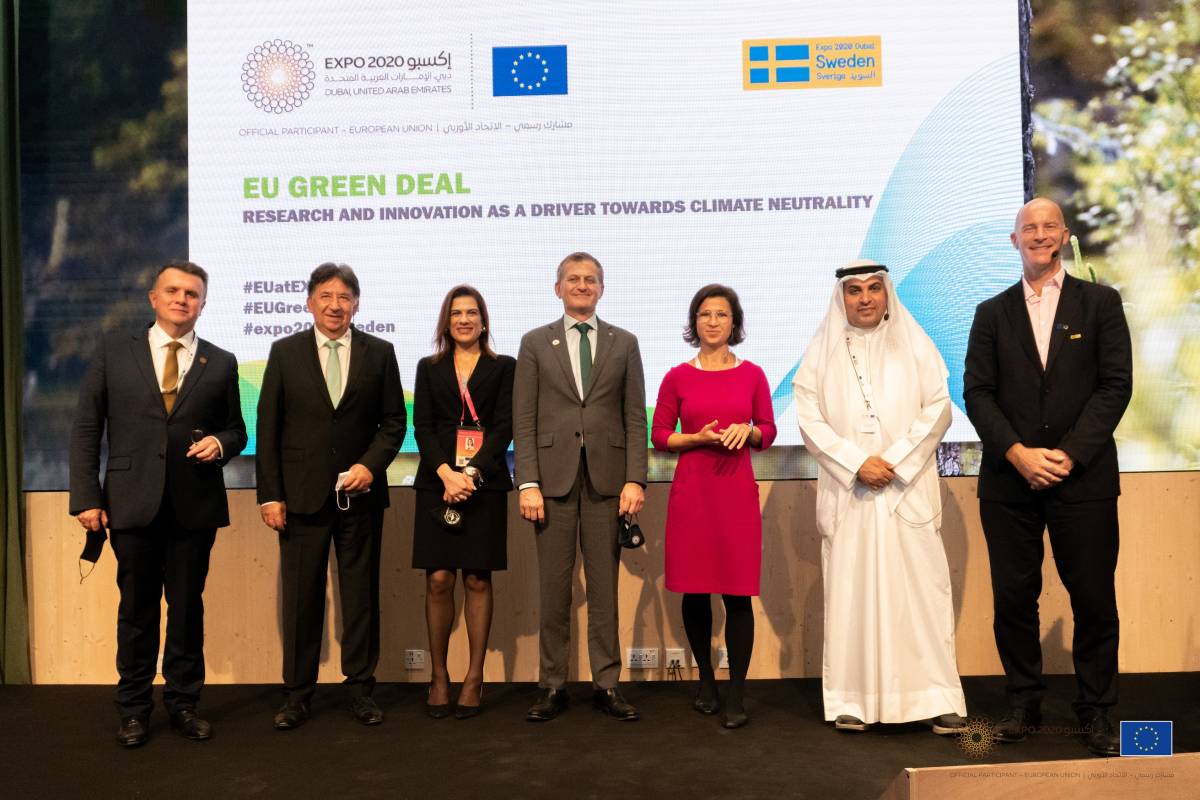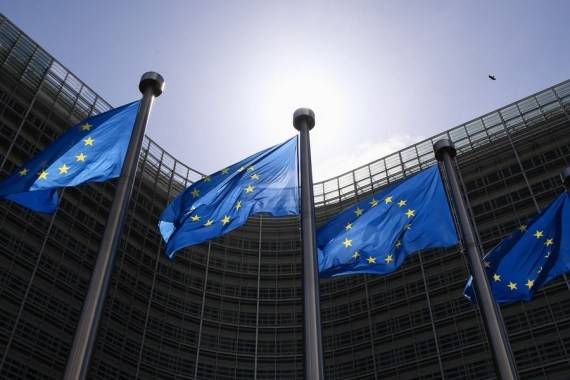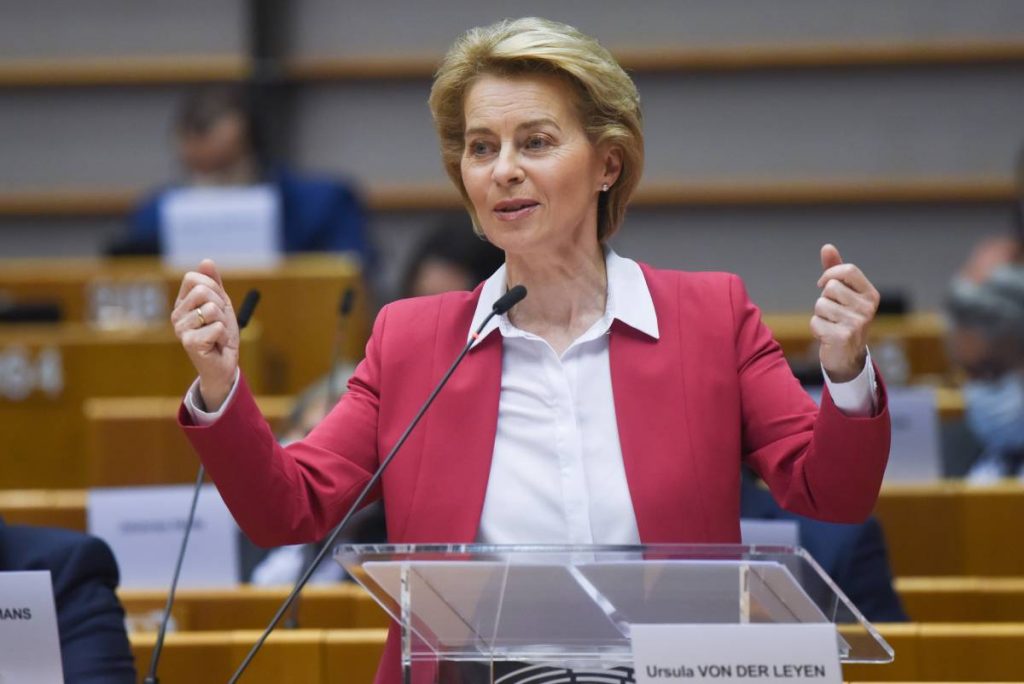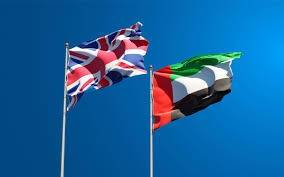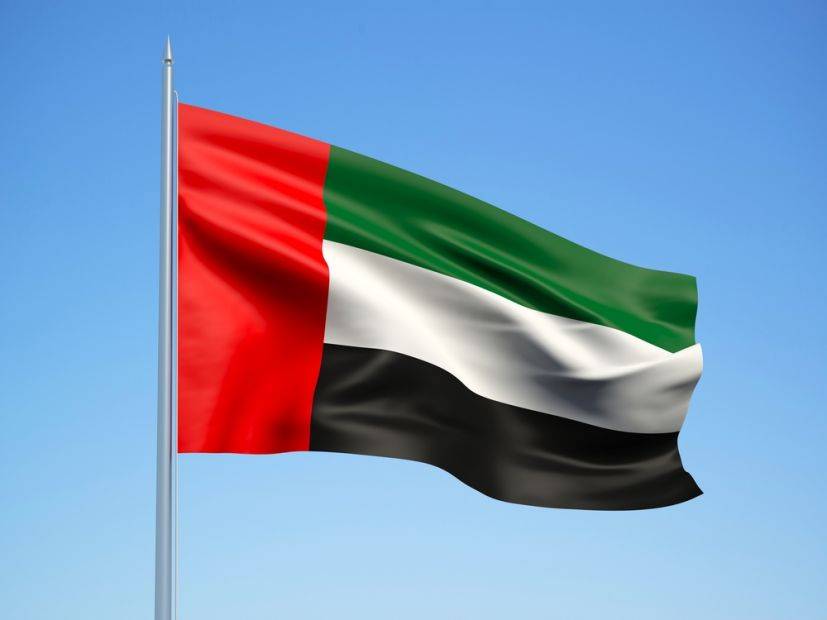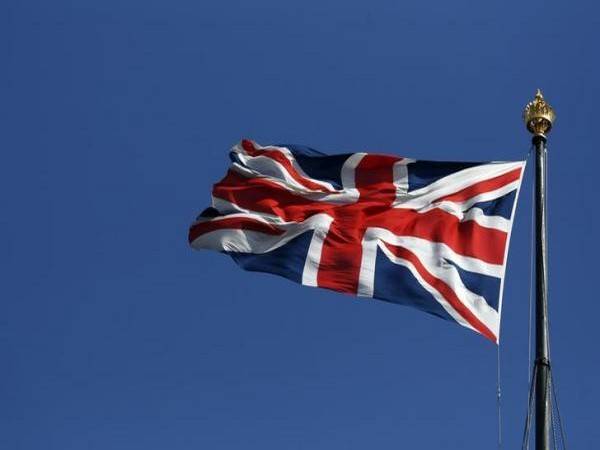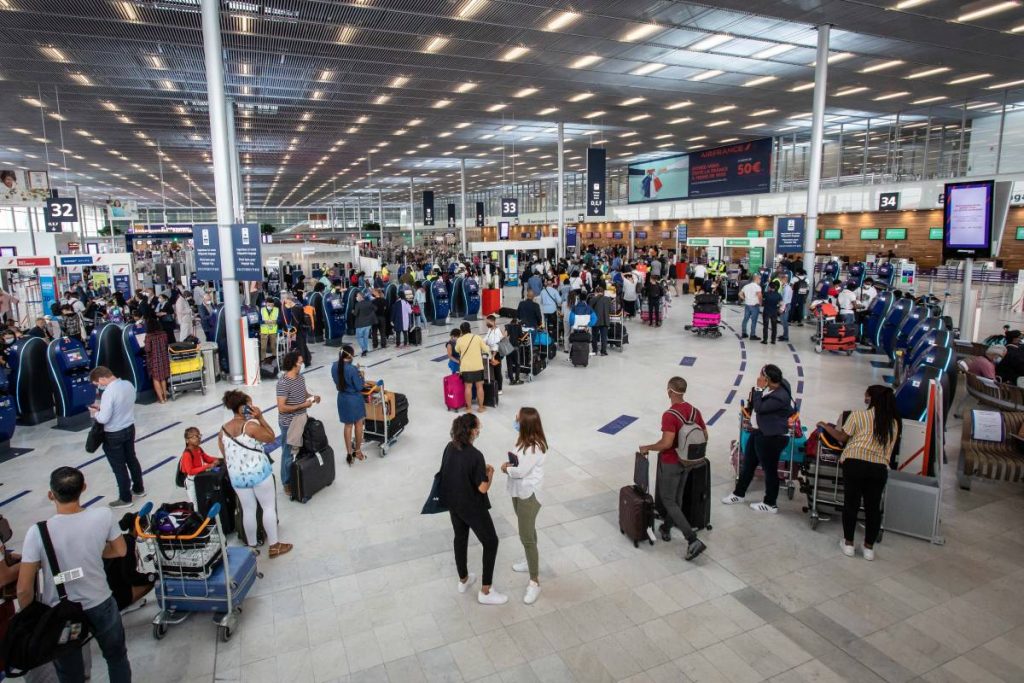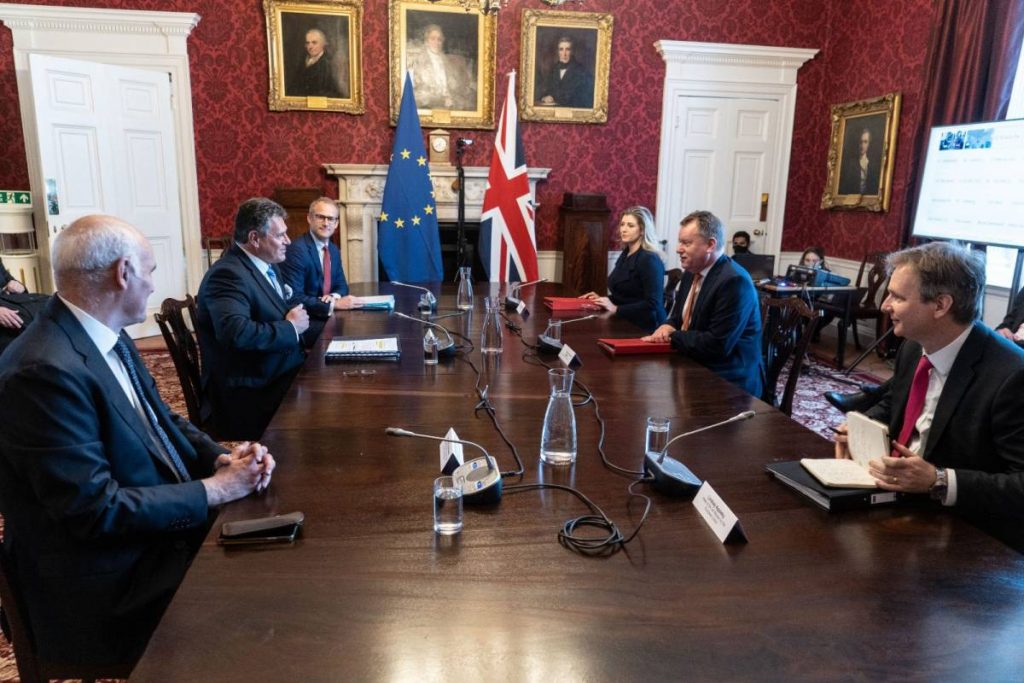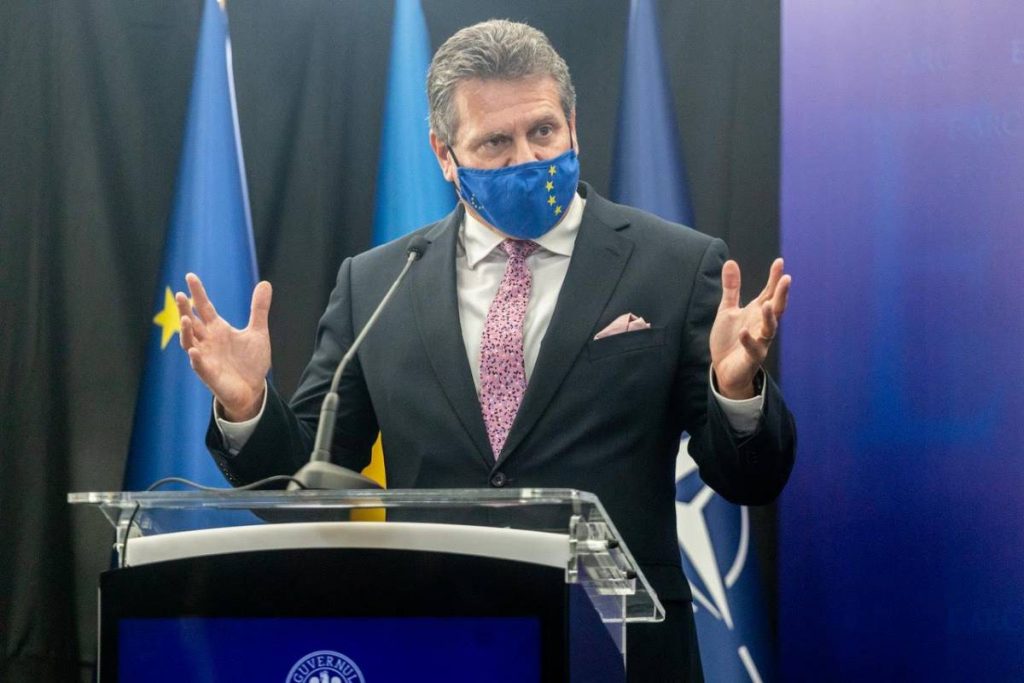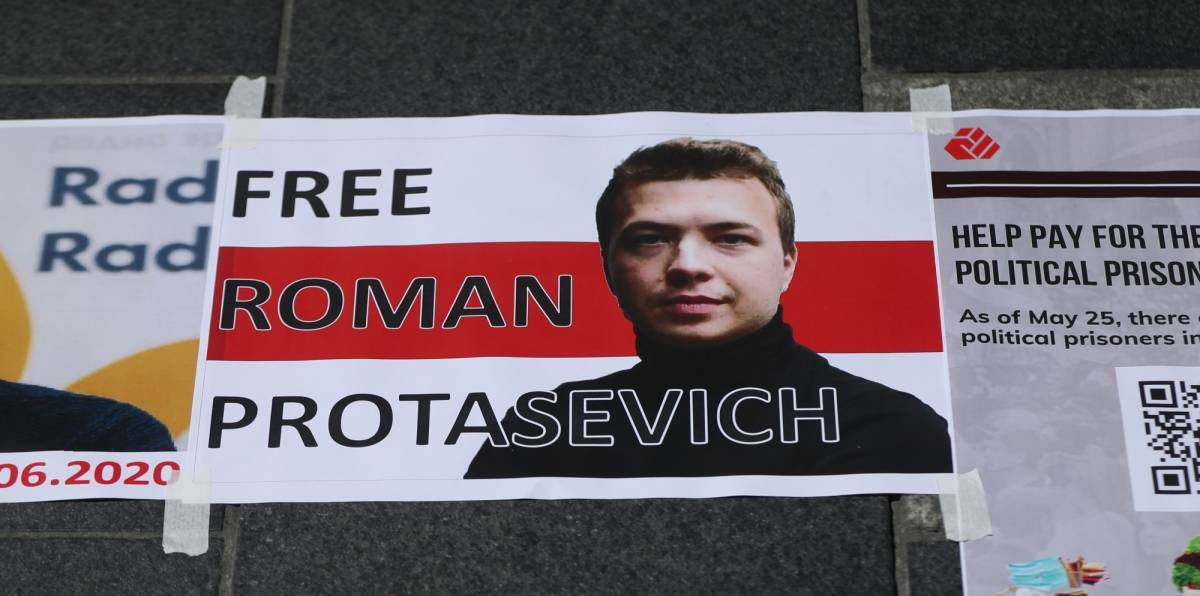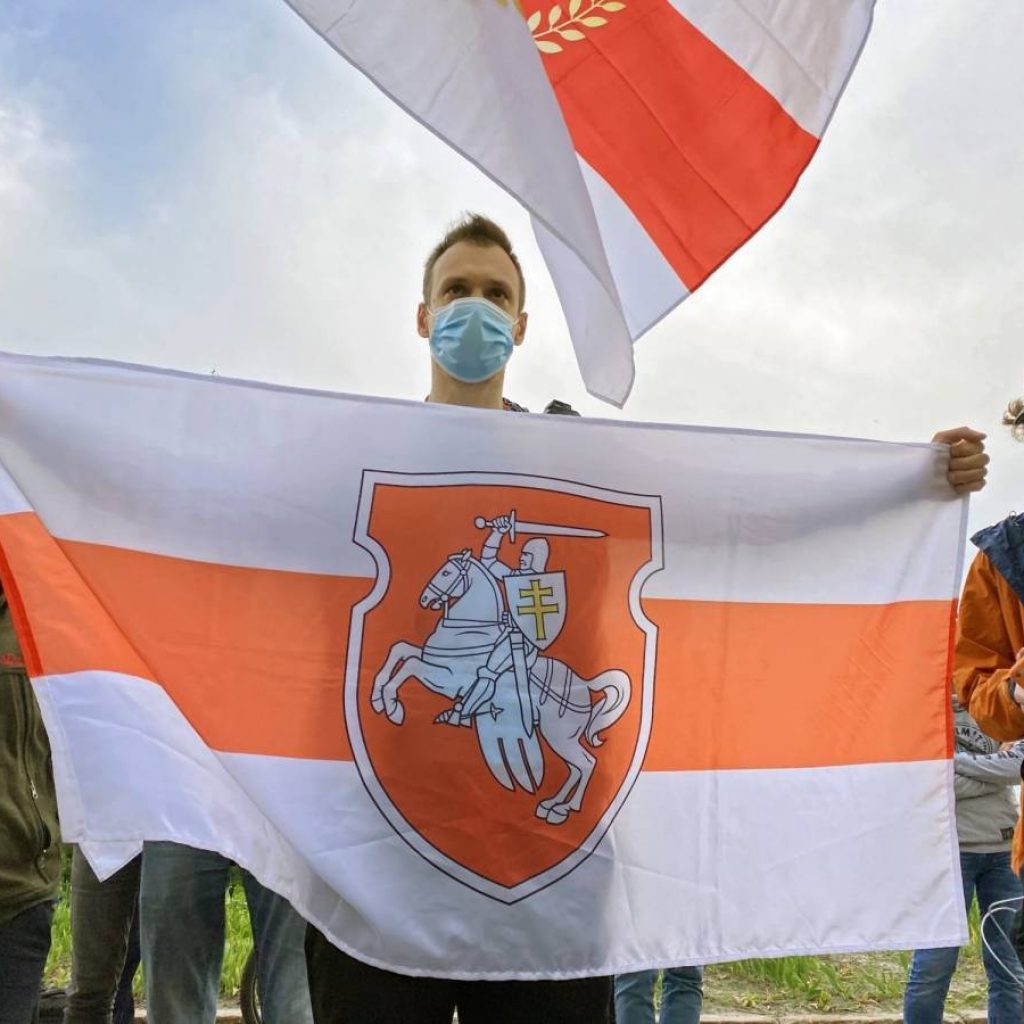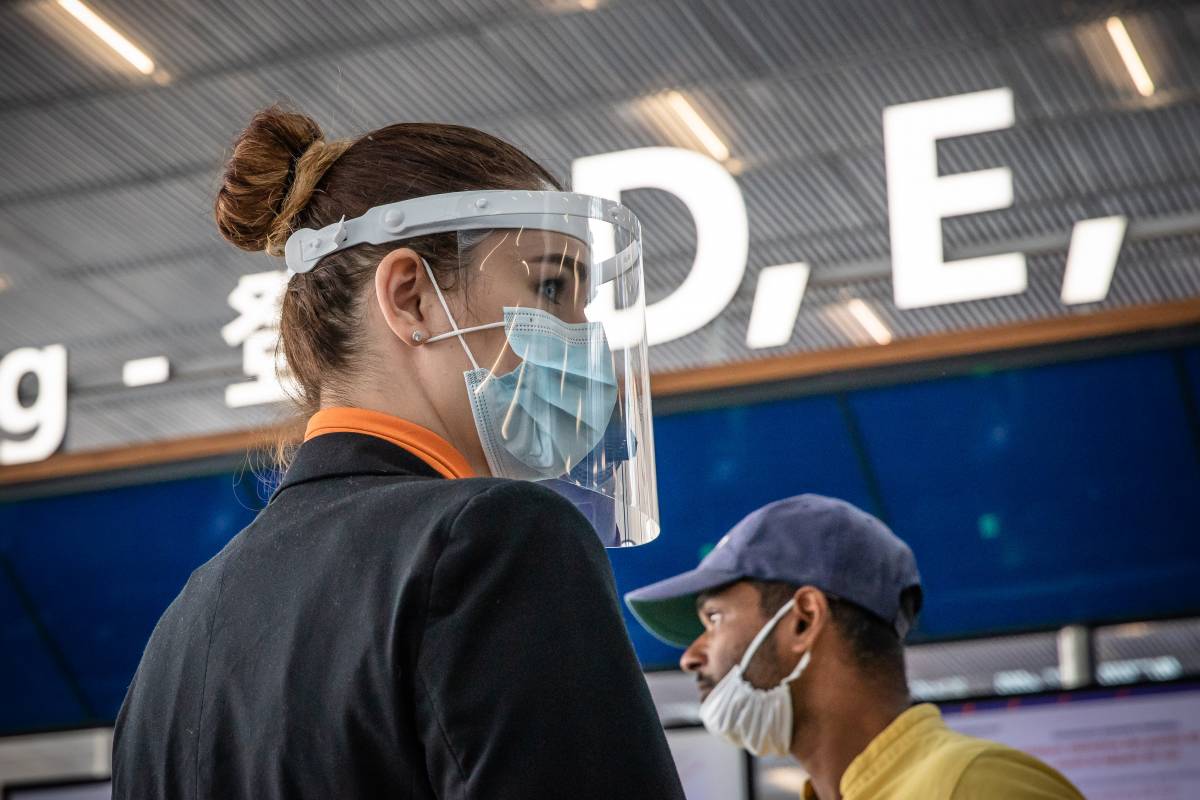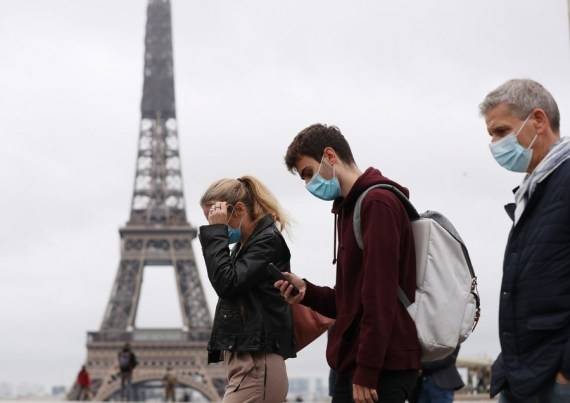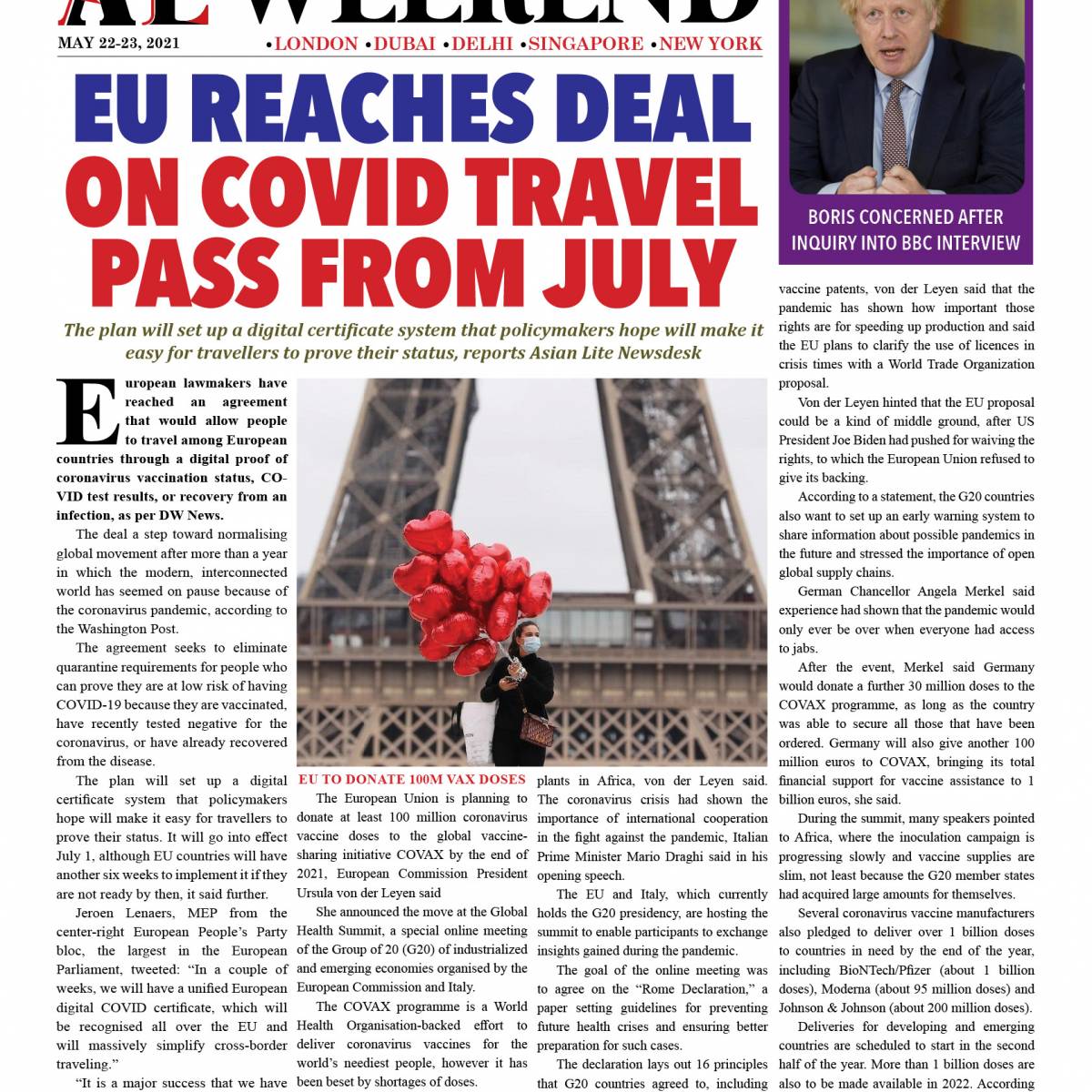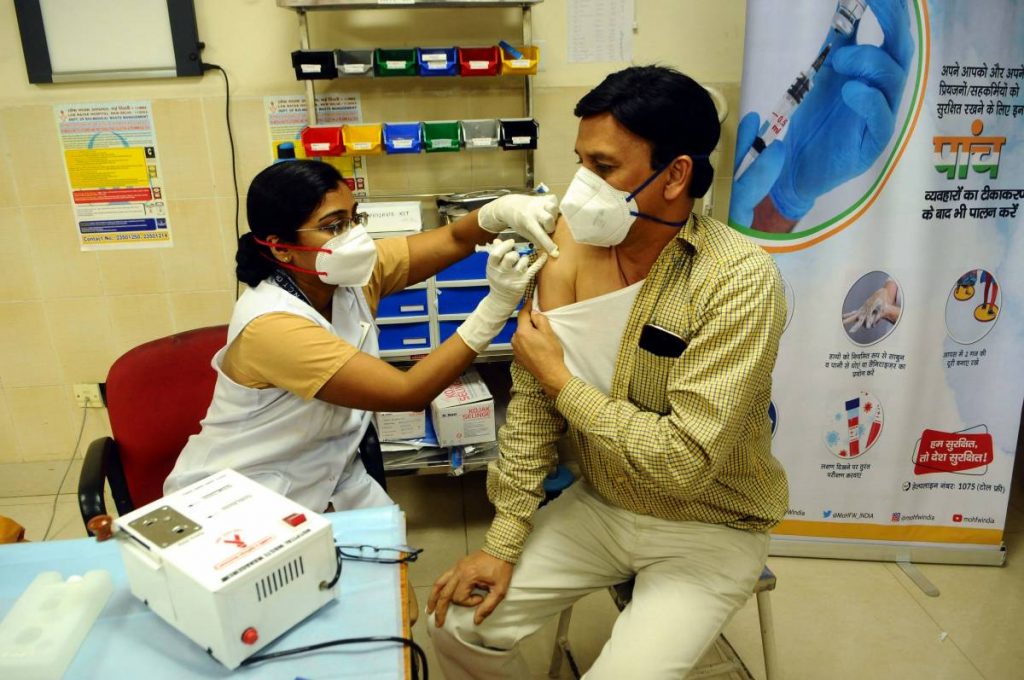The event also includes debates with industry, representatives of research, innovation and financial institutions on financing innovations for the energy transition and on implementing energy transition projects…reports Asian Lite News
Over 100 international officials, policymakers and innovators recently attended the first European Union event at Expo 2020 Dubai titled, “EU Green Deal: Research & Innovation as a driver towards climate neutrality”.
The event was hosted in partnership with the Sweden Pavilion in the Sustainability District and featured a high-level hybrid workshop, and an EU projects’ networking village showcasing success innovation stories and breakthroughs.
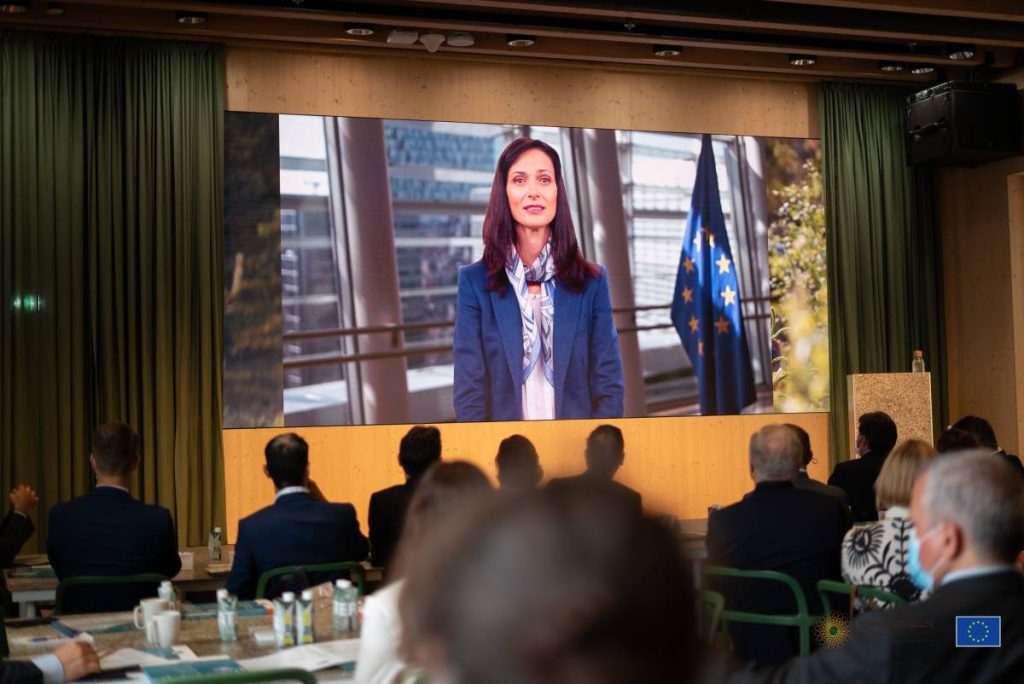
ANDREA MATTEO FONTANA, AMBASSADOR, EU COMMISSIONER-GENERAL, EXPO: “The EU is paving a responsible path to becoming the first climate-neutral region in the world by 2050. So, at Expo 2020, we will look at how we can promote green economies, renewable energy, reduce pollution and tackle climate change, thereby ensuring a green economic recovery post-COVID-19.”
The aim of the event, taking place conveniently during Expo’s Climate and Sustainability Week and the EU Climate Diplomacy Weeks currently ongoing, is to highlight the EU’s excellence in research and innovation as a tool towards climate neutrality and sustainability, and the EU’s ambition of cooperating with partners toward the achievement of this global goal.
Mariya Gabriel, the EU Commissioner for Innovation, Research, Culture, Education and Youth, in her message at the event highlighted that research and innovation are at the centre of the EU action against climate change.
“While COVID-19 has presented serious challenges to societies, individuals and businesses. There is today an opportunity to use this disruption as a catalyst for positive change: Building back better, greener and in a more gender-neutral way are key goals,” noted Jan Thesleff, Commissioner-General at the Swedish Committee for the participation at Expo 2020, Co-Chair of the MENA-OECD Women’s Economic Empowerment Forum.
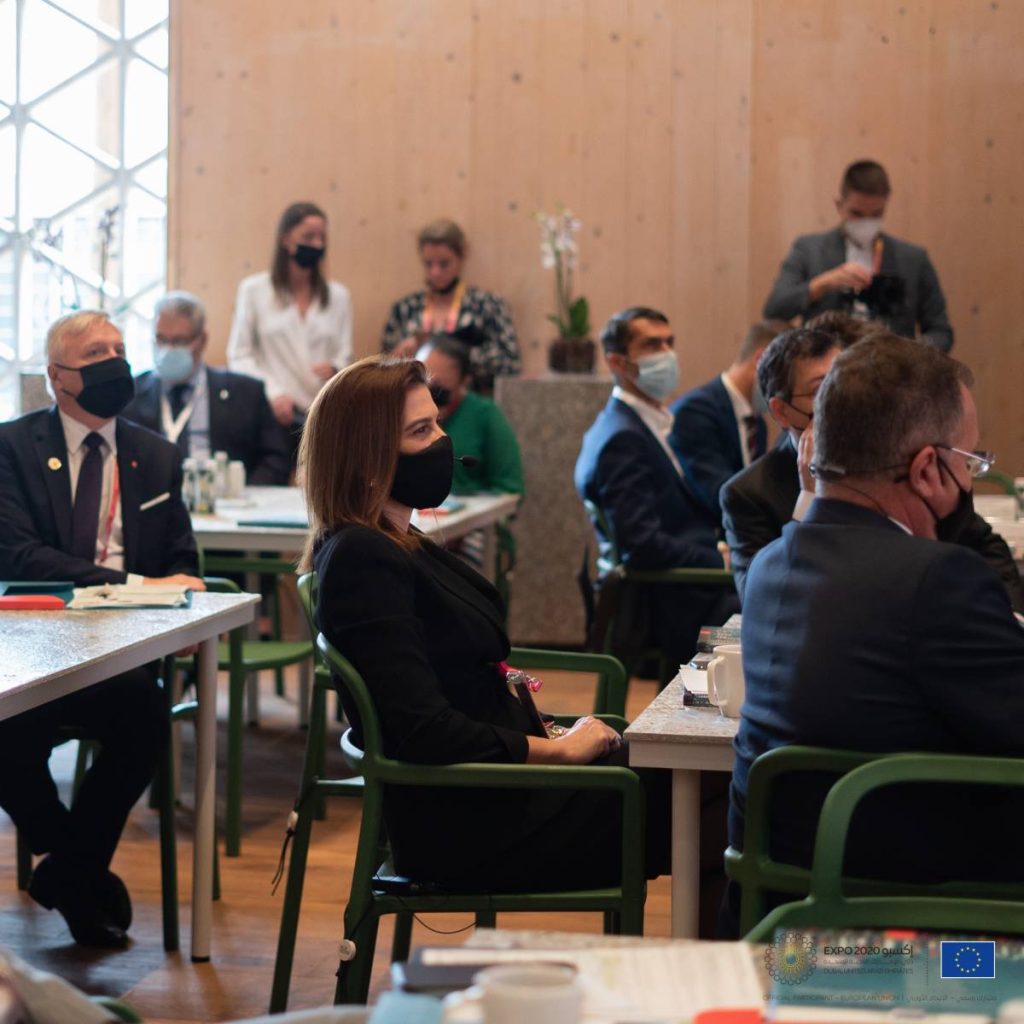
Other high-level officials and policymakers addressed the event including Jan Budaj, Minister of Environment of Slovak Republic; Natasa Pilides, Minister of Energy, Commerce and Industry of Cyprus; Dr. Hannah Neumann, Member of European Parliament chairing the Delegation for Relations with the Arab Peninsula; Dr. Mohamed Al Rashidi, Director of Electricity & Water Department and Acting Director of Energy of GCC General SecretariatL and Gauri Singh, Deputy Director-General of IRENA, among others.
During the workshop, the high-level experts presented the new EU research and innovation programme (Horizon Europe) and discussed ways to promote and finance clean energy innovation, featuring the ambitions activities of Mission Innovation, a key multilateral initiative in the context of the European Green Deal that the EU is presently co-chairing.
The event also included debates with industry, representatives of research, innovation and financial institutions on financing innovations for the energy transition and on implementing energy transition projects.
The networking village featured successful EU projects and breakthroughs that already help deliver the European Green Deal objectives and climate neutrality, including in partnership with Mission Innovation members.

